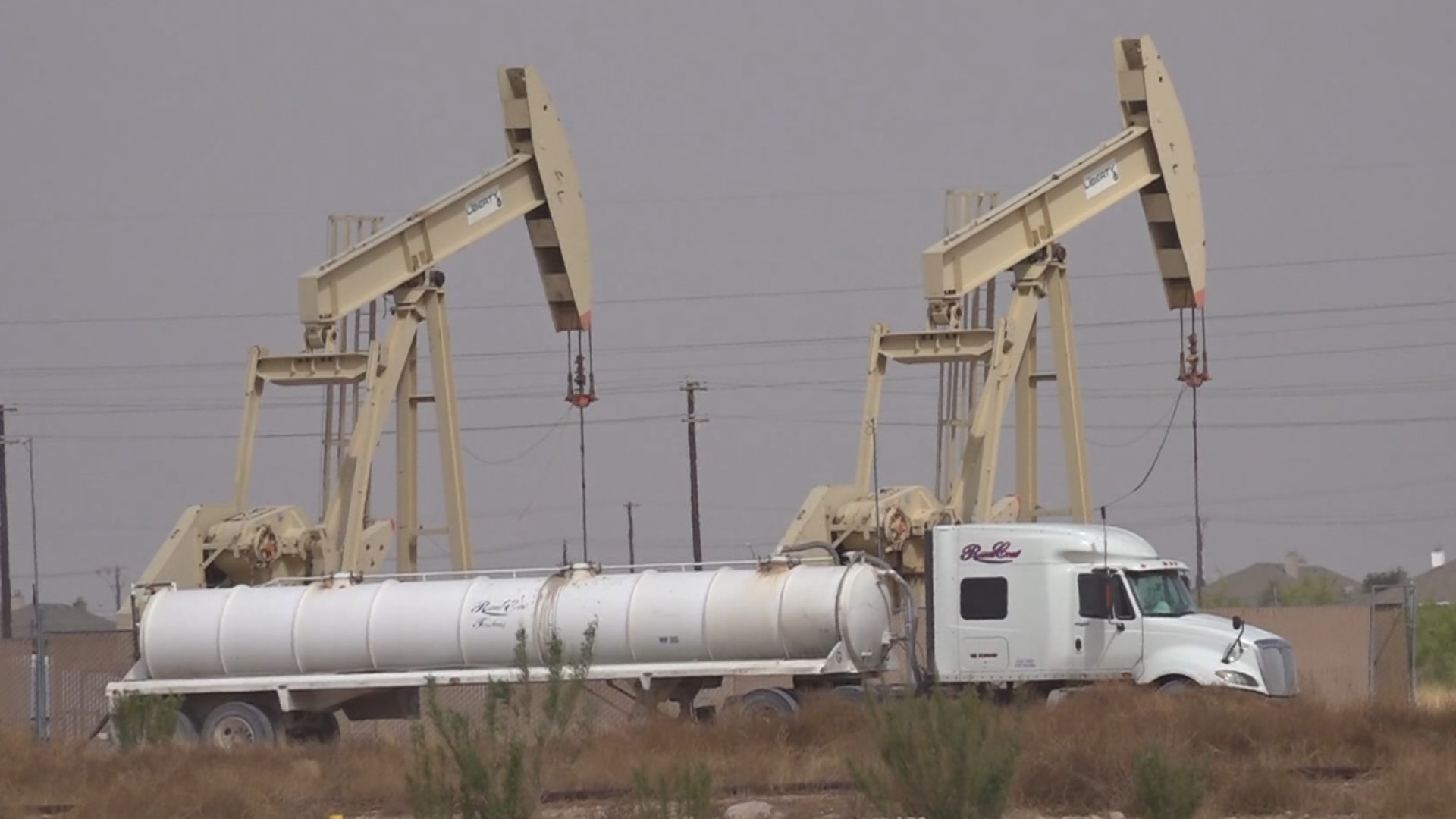MIDLAND, Texas — It was a shake many felt all over the Permian Basin on Friday. The United States Geological Survey reported a 5.4 magnitude earthquake in North Midland.
Just days after it shook, the Railroad Commission of Texas is taking action to look at activity at injection well sites.
"I think it’s been a great example of the commission, of the industry, working to say 'hey let’s stop this problem, let’s don’t continue this problem, let’s do something else,' and we’ve been working hard to do it," said Kyle McGraw, former chairman of the Permian Basin Petroleum Association. "Because I will say positively, from the industry stand point, we got to be able to get rid of this water. If you can’t get rid of the water, you can’t produce the oil."
McGraw mentioned ways to monitor this ongoing problem.
"But we ought to do it carefully, spread it out, put it in shallow zones and not concentrated too intensely, then you solve the problem and you can still operate effectively and do your work," said McGraw.
An issue that he says the commission will now pay close attention to.
"So honestly now, what will the railroad commission ask us to do? Well one, I bet they’ll want to expand the study area, let’s move it north, let’s make sure we don’t have other events happening," said McGraw. "And they’ll probably reach out to those area operators and make sure they have seized their injection or reduced it further."
With experts not being able to exactly determine if and when these quakes will stop, the best they can do now is keep an eye on the trends.
"But I will say, we think the trend is getting better, and we think we’re paying attention to it, and now I think we’ll just expand further and continue to monitor, but primarily we're narrowing in that it appears to be deep injection and high volume, and you really need to put it in something shallower that has less chance of having that happen," said McGraw.

